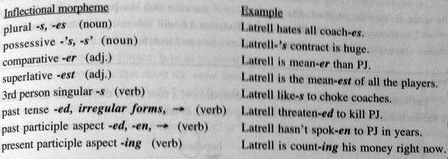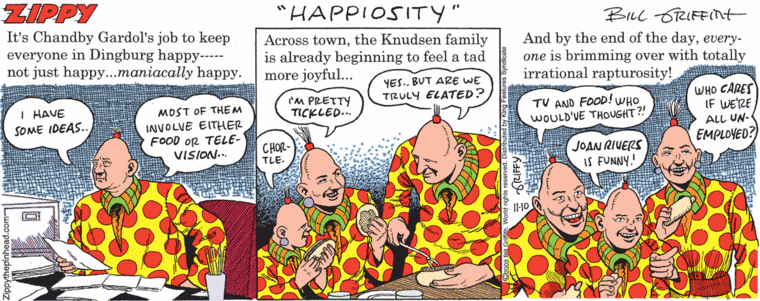James L., in a comment on Mark Liberman's "Concerning" posting:
"The second thing to say is that it's commoner in spoken registers…"
Shouldn't that be "more common"? I ask, fully expecting to be proven incorrect.
Every so often on Language Log we discuss inflectional (commoner) vs. periphrastic (more common) comparatives and superlatives, and the topic has come up again and again on ADS-L and sci.lang, often in response to someone's claim that some particular inflectional form X is just wrong.
Sometimes the claim rests on a belief in One Right Way, in this case the assumption that an adjective or adverb takes inflection or periphrasis, but not both as alternatives. If you also judge X to be not what you would say, then it must be wrong and the periphrastic variant must be right.
Even if you don't subscribe to One Right Way, you might still project your personal dislike of X onto others.
In every case I've seen where a complaint about X has been lodged, it turns out that X is attested, in fact attested in serious writing, and in many cases X is also listed in reputable dictionaries. Both things are true for commoner.
Read the rest of this entry »



